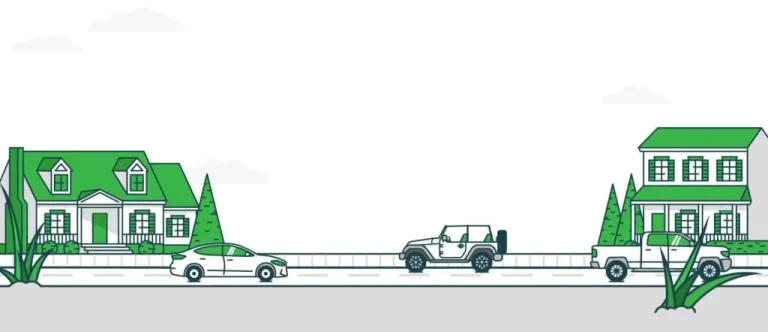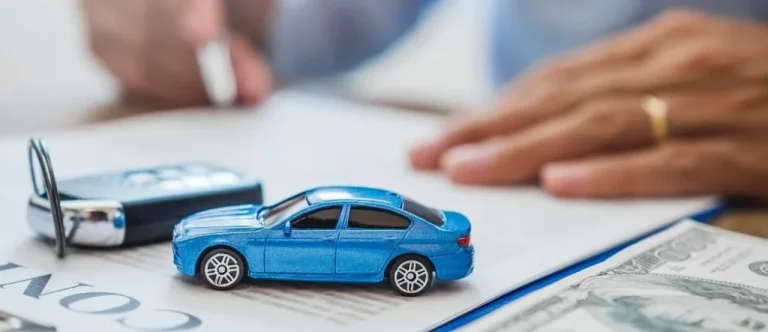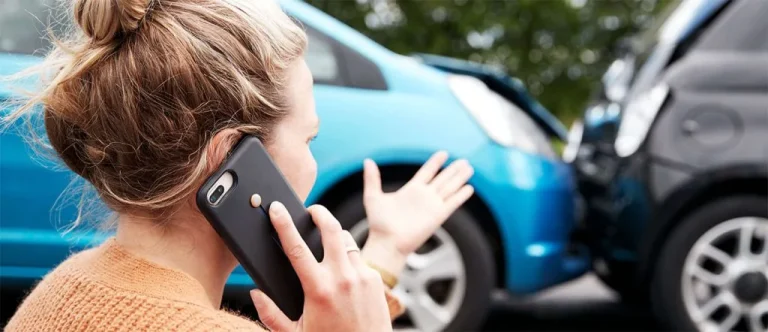You might not think about your car insurance too often, but after you get in an accident it could be one of the first places you turn for financial help. You should understand how your car insurance works all the time. Realizing you don’t get it when you need it most just makes a bad situation worse.
One of the main components of your policy is the deductible. It’s important to know what a deductible is and how it works, so let’s take a closer look.
What Is a Deductible in Car Insurance?
Your auto insurance deductible is the amount of money you pay when you file a claim before your insurance picks up the rest of the tab. For example, if you have a $500 deductible and you get into a car accident that does $2,000 worth of damage to your vehicle, you’ll only have to pay $500 and your insurance will pay the remaining $1,500.
In other words, a car insurance deductible is what you have to pay “out of pocket” before your insurance steps in to pay for your repairs.
Even if you get into an accident that costs $7,000, you’ll only pay the deductible amount of $500 and your insurer will cover the rest of the $6,500. A common deductible is $500, but it can range from as low as $200 to over $1,000.
Think of your deductible as a designation of responsibility. It attempts to lessen the chances of people making erroneous or faulty claims and trying to take advantage of their insurer. Also, it keeps you partly responsible for your actions. No one wants to make an extra payment they don’t have to, so you’ll try to be more mindful of your car and what you do in it.
How Does a Deductible Work?
You only pay a deductible when you file a claim. It isn’t monthly or annually like your premium is. Generally, the rule of thumb is the higher your deductible, the lower your car insurance premium. This is because, with a higher deductible, you’re taking on more responsibility by vowing to pay higher out-of-pocket costs.
Inversely, the lower your deductible, the higher your premium will be. For many, increasing your deductible is a quick way to save money. But be aware that you’re setting yourself up for higher out-of-pocket costs if you do file a claim.
Who Pays a Deductible in a Car Accident?
Everyone pays a deductible every time they file a claim. So, if you’re at fault in an accident that causes damage to another person or their property, you’ll pay a deductible on the damages you caused.
Do I Have to Pay a Deductible If It’s Not My Fault?
It depends if you file a claim or not. If you’ve been in an accident that wasn’t your fault, the other driver’s liability coverage should pay for your medical bills, vehicle damage and property damage.
However, not everyone on the road is responsible. What if someone crashed into you that doesn’t have liability coverage? This is where uninsured or underinsured motorist coverage steps in.
Uninsured or underinsured coverage is further protection that can be added on to most policies. If you’re not at fault in an accident and the other party doesn’t have enough liability coverage (or any at all) to pay for your medical expenses, your uninsured or underinsured coverage will pay for what the other driver’s insurance can’t. To invoke this, you’ll have to file a claim with your provider.
Your provider could raise your premium after a claim, even if the accident wasn’t your fault. Insurance companies may raise your premiums because now that you have been in an accident, you’re more likely than someone who has never been in one to get in another accident.
Do I Get My Deductible Refunded After an Accident?
If you filed a claim with your insurer after an accident in which you weren’t at fault, you can get your deductible refunded through a process called subrogation.
Basically, your insurance company will get the guilty party’s insurance company to include your deductible in covering the costs to your car, so you can get your deductible back. This process isn’t usually quick, though. It can take months.
While your insurance provider is legally obligated to inform you when subrogation is going on, you likely won’t be involved in the process. The two companies hash it out behind the scenes, with your provider fighting to get your deductible back in the end.
What Happens If You Can’t Pay Your Car Insurance Deductible?
If you can’t afford your car insurance deductible after an accident, there’s no quick remedy. You might have to hold off on filing your claim or consider not filing one at all.
If your car is still operational and relatively safe, you may have to wait to file your claim until you can get the money together to afford the deductible. Most providers allow a 30-day window to file a claim, but some policies afford more time.
You could also look into getting a loan for your deductible, but this will likely have interest. The interest you pay on this loan will end up costing more than the initial deductible amount you got covered in the first place, so be wary.
The editorial content on Clovered’s website is meant to be informational material and should not be considered legal advice.




